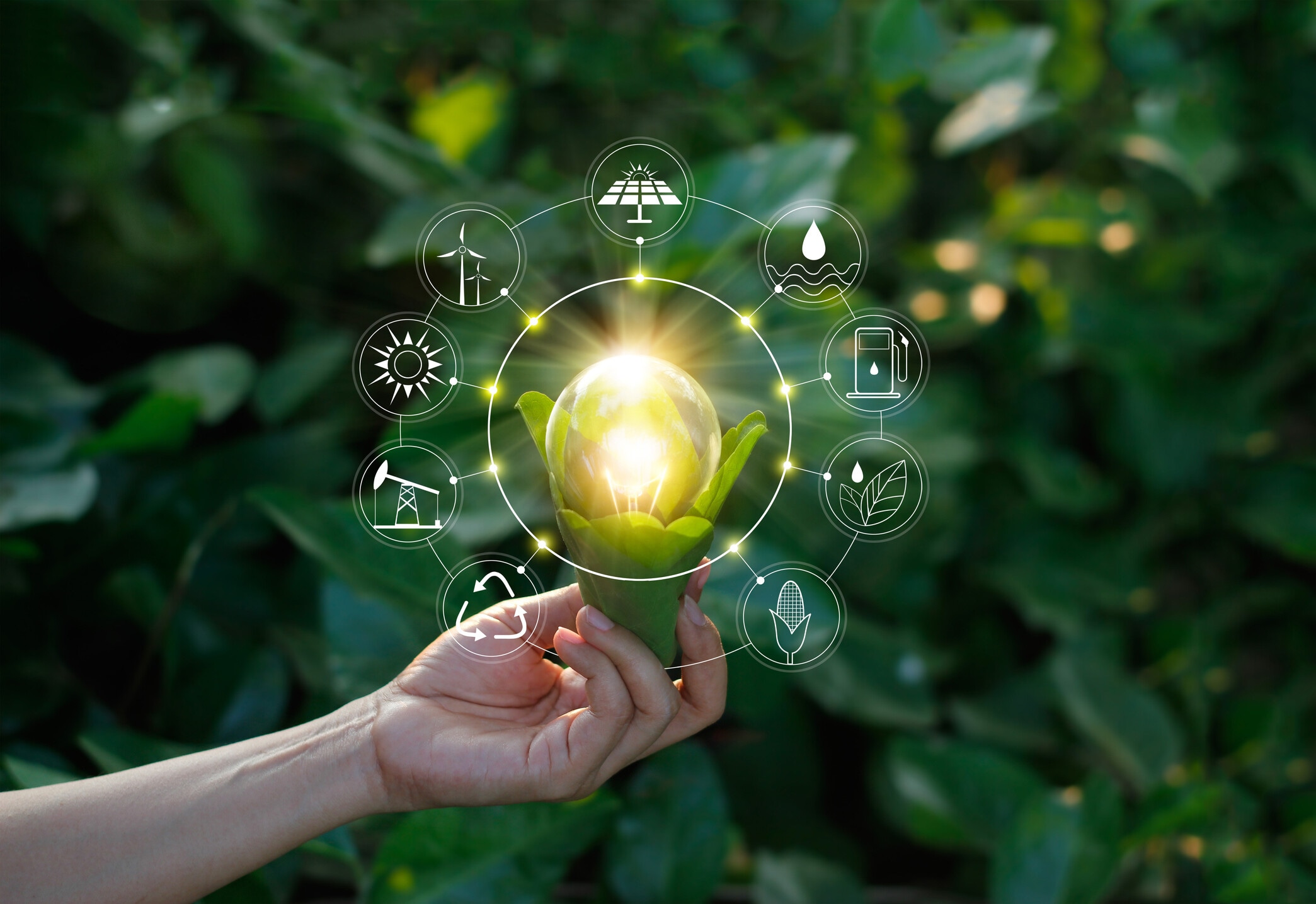Meet 10 young scientists who will make you hopeful for the future

Stem cell research is one of the ways these young scientists could have a profound impact on our future Image: REUTERS/Alan Trounson/California Institute for Regenerative Medicine

Get involved with our crowdsourced digital platform to deliver impact at scale
Stay up to date:
Innovation
From infectious disease outbreaks to rising sea levels, there is no shortage of bad news. So it’s easy to forget there are incredible things happening right now in the world of science and technology, directed towards solving those very challenges.
Around the globe, extraordinary scientists are committed to advancing the frontiers of knowledge so that we can live longer, healthier, and more just lives. They are explorers of the mind and body, the physical world, and the depths of the universe – they seek to answer and develop solutions that have the possibility to create a more sustainable, inclusive and equitable future.
Here are 10 of the most exciting young scientists working in the world today. They’re just a small sample of the 52 Young Scientists who will converge in Tianjin at the Annual Meeting of New Champions this year, under the theme of Shaping Innovative Societies in the Fourth Industrial Revolution. Collectively, they might make you feel more excited about our future.
Soren Hauberg
Current AI research focuses on improving performance, but this can come at the cost of obscuring a system’s inner workings; in effect, machines can make poor decisions that we cannot explain. Soren is developing algorithms that can establish why an intelligent system performs a given action, improving transparency, accountability and - crucially - our trust in the machines that are taking increasing numbers of decisions on our behalf.
Fiona Beck
When energy is moved from one place - its source - to its destination - your house - a large part of it is lost. Fiona is converting light into other forms of energy to at the nano-scale to develop more efficient solar fuels and photodetection technologies with enhanced functionalities, one of which is to allow for more efficient storage and transport of energy from renewable resources.
Rona Chandrawati
What if a smart label on our food could tell us that is it contaminated? Rona’s research aims to develop nanotechnology sensors to simplify the early detection of life-threatening diseases and to alert consumers about food contamination, from which over 600 million in the world fall ill and over 420,000 die from per year.
Daniel Hurtado
Using computational modelling, Daniel is developing a wearable sensor that continuously monitors patients’ breathing. This can provide an early-alert for life-threatening respiratory complications, many of which occur after surgery. His research further aims at creating novel tools for the early detection of chronic diseases and acute medical conditions - new technologies that can be scaled and used quickly by the medical industry.
Pierre Karam
Pierre is integrating biosensors into smartphones in order to monitor and control waterborne and infectious diseases in real-time in resource-limited settings. When made available to relief workers, this has the potential to pinpoint the geographical source of outbreaks and enable civil society and governments to prepare fast and effective contingency plans. He also founded an NGO, 3ilmi 3ilmak, whose mission is to spread science awareness within refugee and high-risk communities in Lebanon.
Sidy Ndao
Sidy has developed the world’s first thermal computer, powered by heat rather than electricity. It will be operable in extreme heat, which opens possibilities in the exploration of both deep space and deep below the earth’s surface. His other passion is promoting STEM education in Africa through an organisation called SenEcole, which notably hosts the Pan-African Robotics Competition, and through the Dakar American University of Science & Technology in Senegal, which he founded.
Ding Ai
Cardiovascular diseases are an indiscriminate killer that account for 31% of global deaths. Ding Ai is researching the still unclear mechanisms responsible for the development of atherosclerosis, a cardiovascular disease that causes a build-up of plaque in the arteries.
Marcos Simoes-Costa
Stem cells are special cells in our body that are able to transform themselves wherever the repair of damaged tissues and cells is needed. Marcos is decoding the molecular programming involved in early human development to better inform stem cell therapy for the repairing and regeneration of organs and tissues. This could have profound impacts on medicine, from preventing birth defects to increasing cancer survival rates.
Fiona Beck
When energy is moved from one place - its source - to its destination - your house - a large part of it is lost. Fiona is converting light into other forms of energy to at the nano-scale to develop more efficient solar fuels and photodetection technologies with enhanced functionalities, one of which is to allow for more efficient storage and transport of energy from renewable resources.
Rona Chandrawati
What if a smart label on our food could tell us that is it contaminated? Rona’s research aims to develop nanotechnology sensors to simplify the early detection of life-threatening diseases and to alert consumers about food contamination, from which over 600 million in the world fall ill and over 420,000 die from per year.
Ding Ai
Cardiovascular diseases are an indiscriminate killer that account for 31% of global deaths. Ding Ai is researching the still unclear mechanisms responsible for the development of atherosclerosis, a cardiovascular disease that causes a build-up of plaque in the arteries.
Vinet Coetzee
Nearly half a million people die annually from malaria – a time-critical illness, but 100% preventable. Vinet is developing a non-invasive diagnostic medical test that can screen for diseases like malaria with no need for blood, electricity or highly skilled health workers. These quick and affordable applications have the potential to facilitate early detection and treatment of life-threatening conditions.
Sang Ah Lee
Alzheimer's disease currently effects 50 million people globally, a number expected to rise to 131.5 million by 2050. Sang Ah is studying how spatial intelligence and memory change over time; such insights can be used to develop ways to enhance and supplement memory capacity and prevent neurological conditions such as Alzheimer’s disease.
Don't miss any update on this topic
Create a free account and access your personalized content collection with our latest publications and analyses.
License and Republishing
World Economic Forum articles may be republished in accordance with the Creative Commons Attribution-NonCommercial-NoDerivatives 4.0 International Public License, and in accordance with our Terms of Use.
The views expressed in this article are those of the author alone and not the World Economic Forum.
Related topics:
The Agenda Weekly
A weekly update of the most important issues driving the global agenda
You can unsubscribe at any time using the link in our emails. For more details, review our privacy policy.
More on Emerging TechnologiesSee all
James Fell
April 26, 2024
Alok Medikepura Anil and Uwaidh Al Harethi
April 26, 2024
Thomas Beckley and Ross Genovese
April 25, 2024
Robin Pomeroy
April 25, 2024
Beena Ammanath
April 25, 2024
Muath Alduhishy
April 25, 2024







